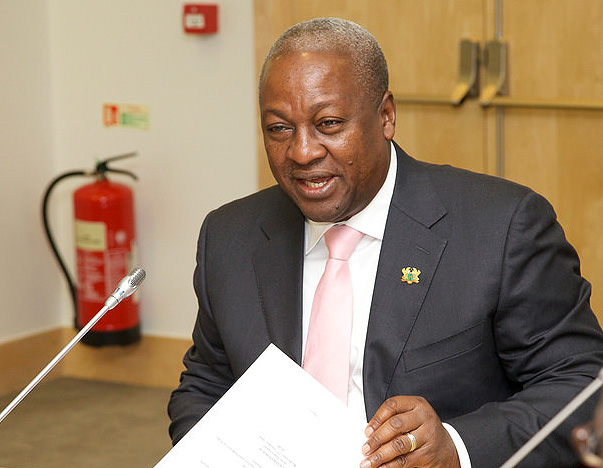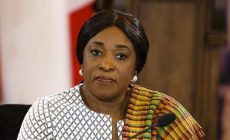Gov’t to borrow GH¢25.3bn from Investors
- Posted on
- Comment
 Between July and December, this year, Government intends to grab a whopping GH¢25.328 billion from investors both local and abroad in borrowings.
Between July and December, this year, Government intends to grab a whopping GH¢25.328 billion from investors both local and abroad in borrowings.
This is according to the Issuance Calendar for Government of Ghana Securities for the above-stated period.
For July 2015, Government borrowed GH¢2.42 billion through its 91-day Treasury bills, GH¢684.65 million through its 182-day T-bills, GH¢21.33 million via its 1-year note and GH¢5.01 million through its 2-year note, all totaling GH¢3.13 billion.
For this month, it intends to borrow GH¢3.19 billion through the 91-day T-bills, GH¢1.25 billion through the 182-day T-bills, GH¢120 million through the 1-year note, GH¢300 million through the 2-year note and the recently announced GH¢500 million through its 5-year fixed rate bond, all totaling GH¢5.36 billion.
For next month, Government expects to borrow GH¢2.4 billion through the 91-day T-bills, GH¢950 million through the 182-day T-bills, GH¢120 million through the 1-year note, GH¢300 million through its 2-year T-bills, as well as float 3-year fixed rate bond to mobilize GH¢400 million, all totaling GH¢4.17 billion.
In October, government is targeting to receive GH¢2.4 billion from its 91-day T-bills, GH¢800 million from 182-day T-bills, GH¢120 million from 1-year note, GH¢300 million from 2-year note and GH¢1 billion from 3-year fixed rate bond all summing up to GH¢4.62 billion.
In November, Government has planned to collect GH¢2.4 billion from investors through its 91-day T-bills, GH¢1 billion from the 182-day T-bills, GH¢180 million through its 1-year note and GH¢300 million through the 2-year note.
For December, an amount of GH¢4.16 billion is expected from investors made up of GH¢3 billion in 91-day T-bills, GH¢800 million from 182-day T-bills, GH¢60 million in 1-year note and GH¢300 million in 2-year note.
According to Seth Terkper, Finance Minister, in his mid-year budget review to Parliament on 21st July, 2015, total revenue and grants for the 2015 fiscal year were revised downwards by GH¢1.9 billion from GH¢32.4 billion (24.0 percent of GDP) to GH¢30.5 billion (22.8 percent of GDP).
It was targeted mainly on account of the lower oil revenue projections.
That is aside the monies to be siphoned through its financial instruments indicated earlier.
External debt
Government needs an additional GH¢1.83 billion, equivalent to $524 million to repay its external debt through additional external borrowing.
The amount will cover the repayment of the 2017 Eurobond, with an outstanding amount of $530 million, which was partially repaid using the proceeds of the $1 billion Eurobond raised in international capital markets in an amortizing Eurobond in September 2014.
The remainder will be used to amortize and pay down short-term debt, with a further GH¢2.8 billion in external debt billed to mature this year and finance capital expenditure.
By Samuel Boadi










 (Selorm) |
(Selorm) |  (Nana Kwesi)
(Nana Kwesi)